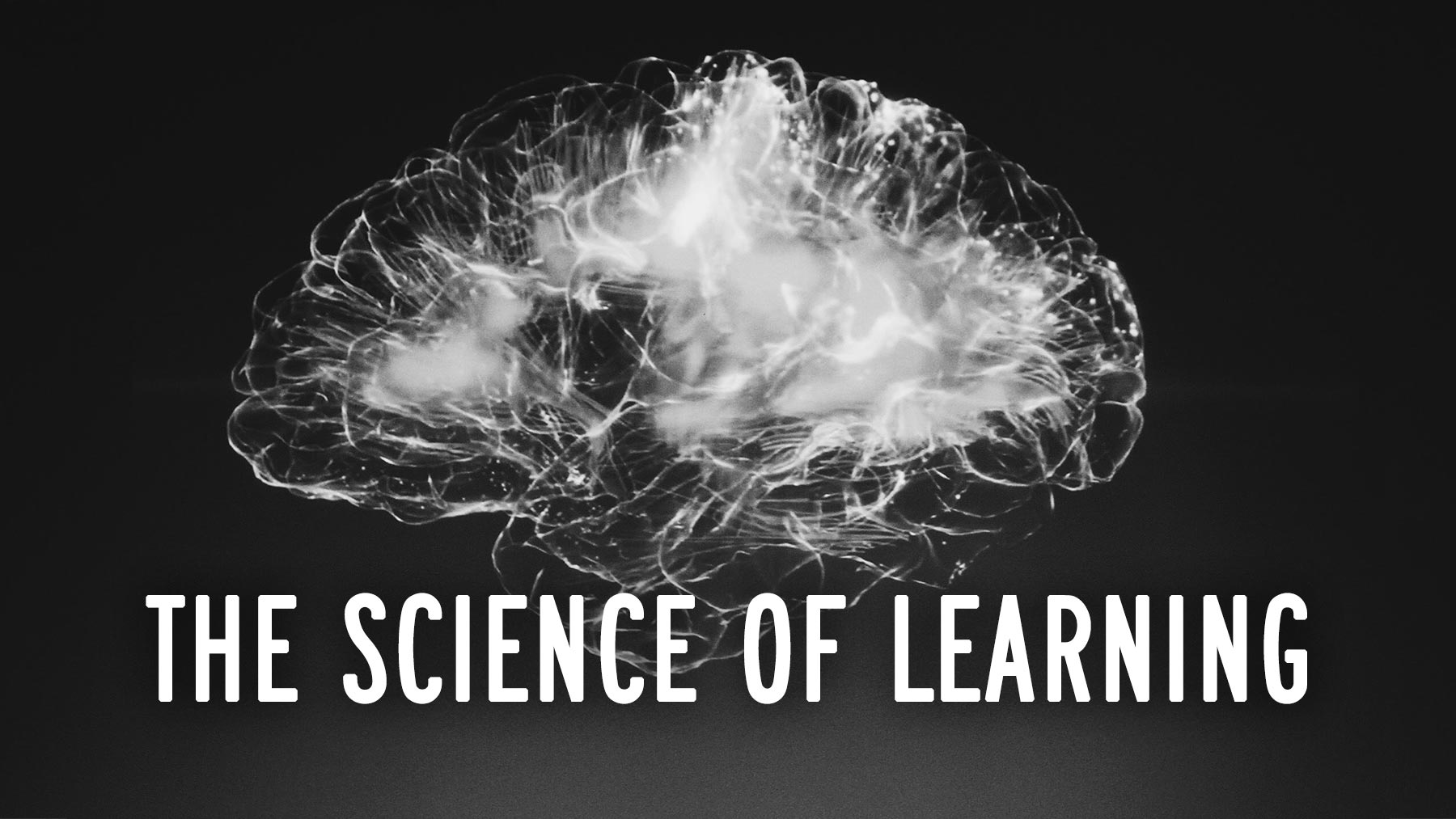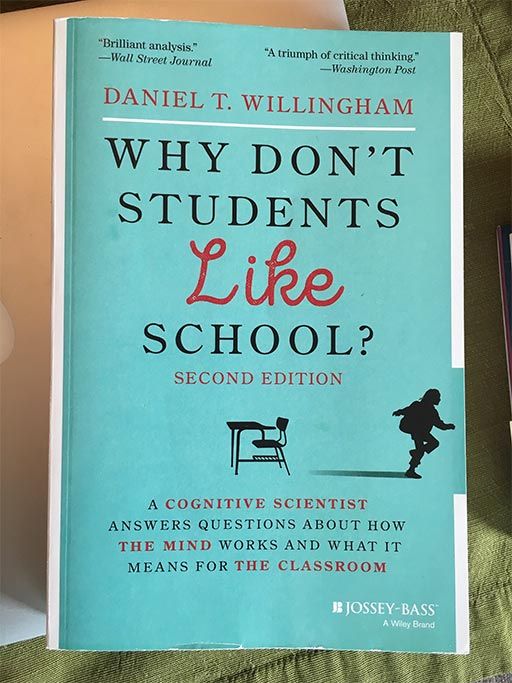The science of learning
The book "Why Don't Students Like School?" by Daniel T. Willingham has been a huge help in understanding the science behind how our brains learn.

Seeking to better understand the science behind how our brains learn has been a big part of how I try to be a better homeschooler. I've written before about how our brains physically change when we learn new things, and how learning about the brain has helped Wanda to develop a growth mindset.
I recently finished reading the new second edition of the Daniel T. Willingham book, "Why Don't Students Like School?," and I'm already looking forward to future re-reads to keep me sharp.

The title "Why Don't Students Like School?" is a snazzy hook, but misleading. I didn't think I'd be interested in this book at first: my kid isn't in school, after all. It seemed to be solving a problem we don't have. And now that I've read the book, I can tell you that there are plenty of legitimate reasons people have for not liking school (racism leaps to mind!) that have nothing to do with the subject of this book.
So, ignore the title. Here's what it's actually about: the emerging science of the last 20-30 years about how our brains learn—and just as importantly, how and why they don't.
Some of the topics covered include:
- How our brains are actually better at not thinking than at thinking
- The necessity of background factual knowledge when learning about a topic
- Why our brains remember (or don't)
- How our brains store and recall information in chunks
- Debunking the myth of "learning styles"
Willingham reviews scads of research done by hundreds of researchers in the last few decades, distills it into ten practical areas of focus, and gets you thinking about how you can apply this understanding when supporting learning. Despite the book being directed at those working in classrooms, I was pleased to find that the concepts were easily applicable to a homeschool setting. In particular, I've put a higher value on doing some time-spaced review of concepts, and it's helped me develop a more critical eye when choosing curriculum. It's also reinforced much of what I was already doing by instinct, only now I've got a deeper understanding of why the things I'm doing work... and it's just nice to have some science on my side, booyah!
I wrote about Daniel T. Willingham a couple months ago, when the third chapter of this book was turned into an article; you can read it here to get a taste of what the book is like. If you like that article, you'll love this book. Willingham has put what he knows about how we learn to good use, creating a book that is an engaging and easily digestible read.
Reading this book has given me a powerful lens for thinking about thinking, and will be informing the way I help Wanda learn for years to come. Heck, it's reshaping my understanding of my own learning. I recommend it to anyone who wants to get to know their brain better.

